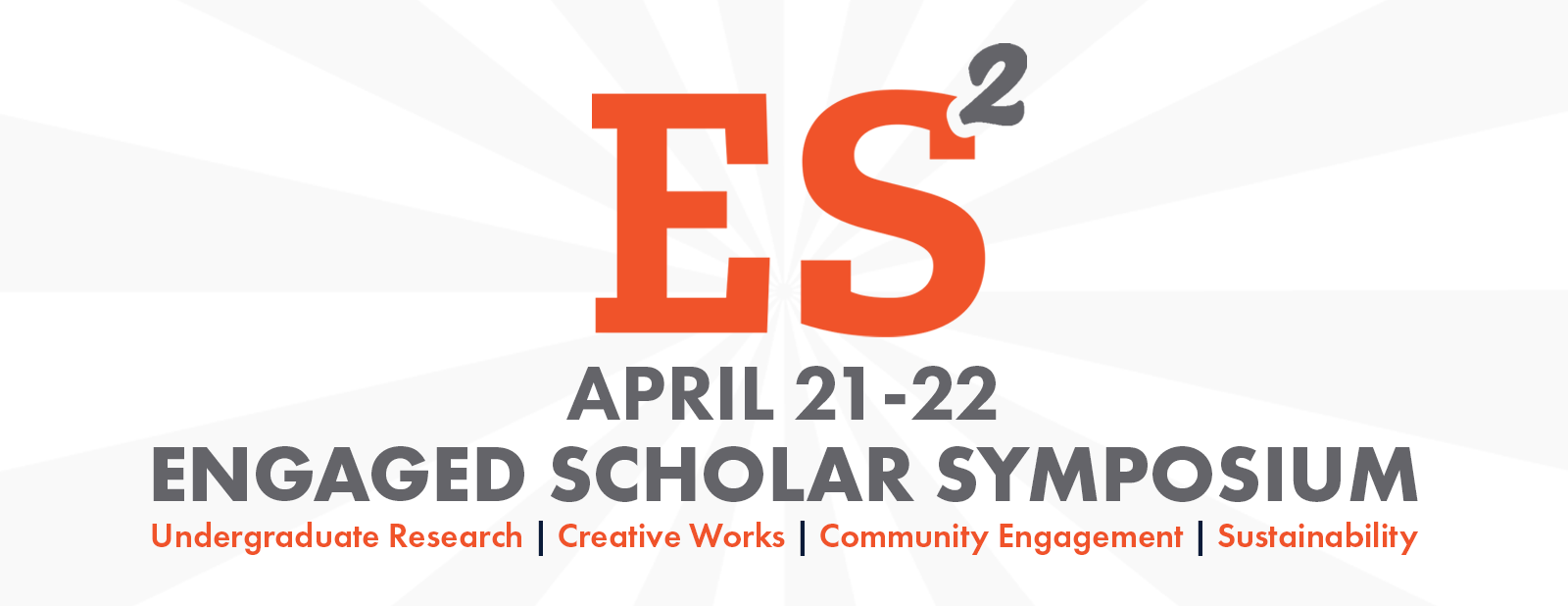Present at the Engaged Scholar Symposium
Why submit an abstract to present at ES2?
As a presenter at the Engaged Scholar Symposium (ES2), you have the opportunity to:
-
Learn more about cutting-edge advances in your respective field,
-
Showcase and promote your project,
-
Contribute to and expand your overall professional profile, resume, or CV, and
-
Compete to win an award based on your work.
Who can submit an abstract?
Research, creative works, and service-learning projects are welcome from all disciplines.
What should an abstract include?
An abstract is a concise, yet descriptive paragraph that should cover all parts of your project. Abstracts should be written for an interdisciplinary audience and should be between 100-500 words. Submissions and presentations may be given in either English, Spanish, or both. Research abstracts should include: objective, methods, results, and conclusion. Service Learning abstracts should include a description of the project, student's role, and reflection component. Abstracts for creative works should include a creative objective, context/background information, and a description of craftsmanship/technical skills.
In addition to your abstract, you will also be asked to provide a brief 50-word summary for your project, which will be included within the program. Note: Competing presentations and service-learning posters will have pre-determined times and locations. For more information, see Student Awards.
How do you submit your abstract?
Share your research, creative works, or service-learning project and submit your abstract to present at the Engaged Scholar Symposium (ES2). Before you get started with your submission, learn more about the types of presentation styles and guidelines. Then, submit your abstract using our online portal. You will receive an email with a copy of your submission. Once your abstract has been scored by our review committee, the point of contact for your abstract will be notified of your time slot and room location. We encourage you to take advantage of our presenter resources.
Presenter Resources
Get your presentation in tip-top shape with our presenter resources. Visit our presentation guidelines or attend one of our workshops. Also, check out our handy templates to help you get a jump start on your presentation materials. Topics for workshops include:
- Preparing your Poster Presentation
- Delivering your Talk or Oral Presentation
- Creative Works Presentation
- Abstract Guidelines
Check out our Announcements page for our updates!


